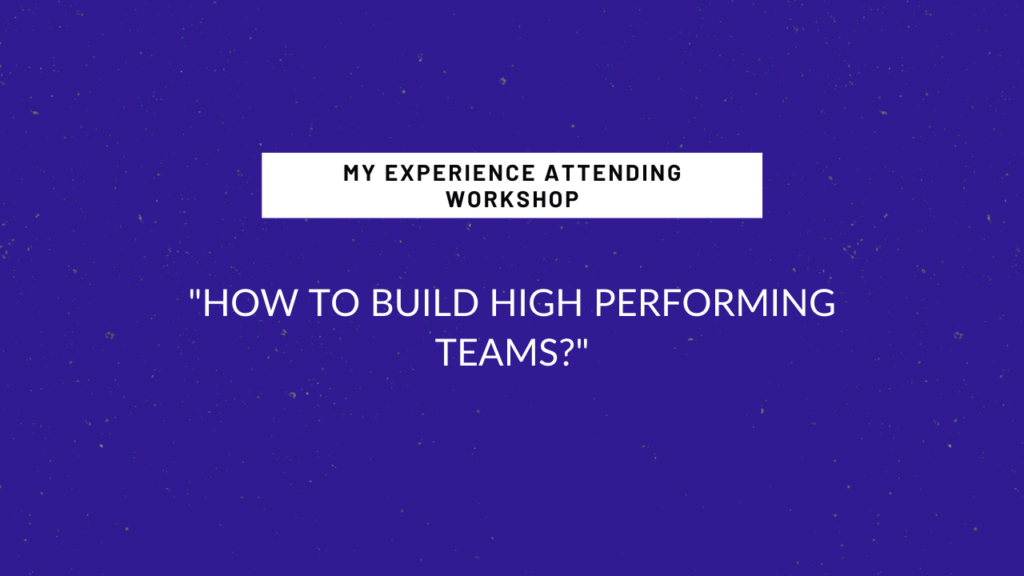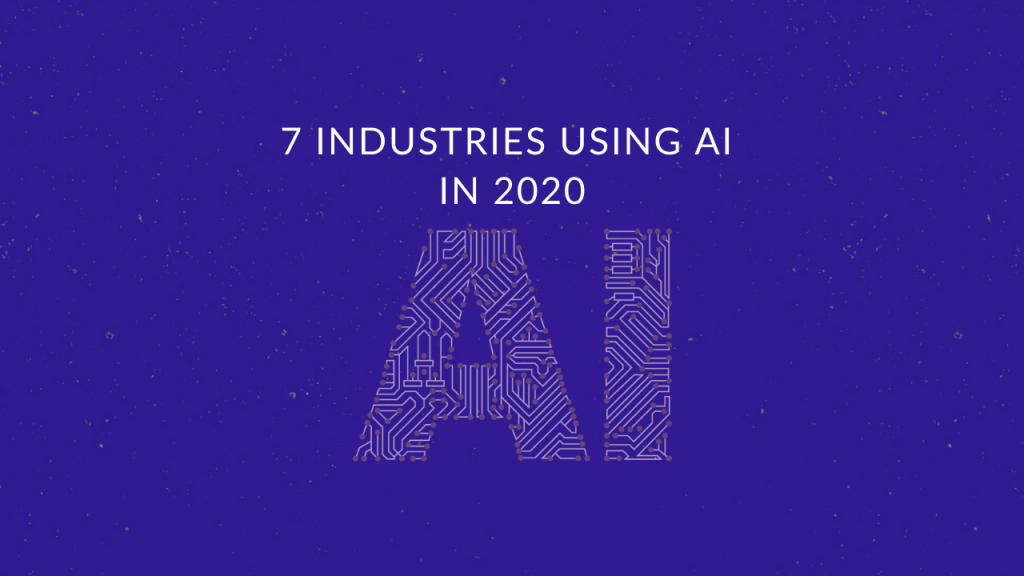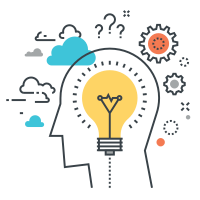Top 5 DevOps Trends to look out for 2020

Top 5 DevOps Trends to look out for 2020
SHARE
The DevOps world moves fast. The mission to build, test, and release software as reliably and quickly as possible produced constant change and innovation. What trends can we expect through 2020 in the DevOps? What challenges and opportunities will define the field this year?
- Maxed out DevOps teams will need more automation
This might seem to look like an odd place to start. Moreover, within the DevOps, there is an increasing focus on the human environment of digital systems delivery and a rise in the understanding that employee experience leads to customer experience.
Rani Osnat, vice president of strategy for Aqua Security, thinks 2020 may be the year that DevOps teams finally start to max out within many organizations: “DevOps teams will find themselves taking on more and more responsibilities, including more security and quality automation… The solution,” Osnat believes, “lies in automating practices into the DevOps processes and toolchain, enabling a more integrated ‘detect early, fix fast’ environment.”
- Low-code development will continue to rise in popularity
To bring out more opportunities for the innovation, chief information officers have increasingly explored using the low to no-code development tools. More people now have the ability to take part in software and app development, which expedites the overall process.
In terms of the testing part, this requires additional nuances in assessing software, more test cases, and wider coverage. This demand will continue through 2020, as DevOps teams will need to show faster and faster feedback in testing.

- IP protection and security will become a key issue
As predicted by the Enterprise IT strategies, cybersecurity will continue to be a major issue in 2020, driving more companies to pay strict attention to their compromisable date. Stolen user data has been a topic of a bunch of headlines this year.
IP security and protection is a vital, organization-wide issue; DevOps teams should expect to have to pay more and more attention to the issue via 2020.
- AI and ML will even be going to influence skill set requirements
Industry experts predict that, at the time of 2020, AI and Machine Learning will become an ever more integral part of test creation, execution, and automation. The shift will mean that skill set requirements have to change, requiring more data and analytics experience and more knowledge in data science and deep learning within the software testing jobs. DevOps teams that stay ahead of this curve will be the ones that thrive.

- The CI/CD toolchain will need CO more and more
Through 2020, the overall speed of the DevOps will pick up. This will drive a demand deeper teamwork across the departments and a need to blend skill sets and low code technology to make sure continuous deployment and testing.
As apps get more complex, DevOps will require the help of continuous optimization if they are to minimize the cost and maximize the performance of the deployed applications and software. Even a 5-container application can have trillion of basic resource and parameter permutations, and sp finding the right combination of cost-effectiveness and performance will need the unique capabilities of AI and ML.
SHARE
RECENT POSTS
-
 Clavent’s Emerge 2020 Martech Summit Goes Virtual, powered by CleverTap08 Sep 2020 PR
Clavent’s Emerge 2020 Martech Summit Goes Virtual, powered by CleverTap08 Sep 2020 PR -
 Emerge 2020 HR Tech Summit Concluded Successfully12 Jul 2020 PR
Emerge 2020 HR Tech Summit Concluded Successfully12 Jul 2020 PR -
 Emerge 2020 HR Tech Summit12 Jul 2020 PR
Emerge 2020 HR Tech Summit12 Jul 2020 PR -
 My Experience Attending "How to Build High Performing Teams?" - Workshop On How to be a Good Manager.12 May 2020 Authored Articles
My Experience Attending "How to Build High Performing Teams?" - Workshop On How to be a Good Manager.12 May 2020 Authored Articles -
 Top Quantum Computing Companies to look out for in 202029 Apr 2020 Listicles
Top Quantum Computing Companies to look out for in 202029 Apr 2020 Listicles








































